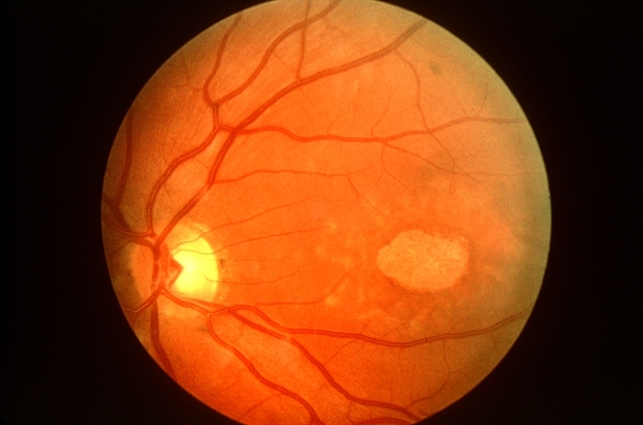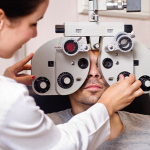Dr. Zuhal Butuner Discusses Stargardt Disease – Causes, Symptoms, and Treatments
Stargardt disease is a genetic eye condition that can have a significant impact on the vision of those who are diagnosed. Understanding what causes this rare disease is crucial to managing the symptoms. According to Dr. Zuhal Butuner, Stargardt’s disease occurs when fatty material builds up on the macula, which is responsible for sharp, central vision. While there is no cure for Stargardt, vision aids can be an invaluable resource for patients to help them maximize their remaining vision. Though Stargardt’s disease can begin to progress in childhood or adulthood, it’s essential to remember that many therapies are currently being tested so hope remains for individuals living with this disease.

Stargardts Disease is a rare genetic disease that affects the retina and can cause significant vision loss. Dr. Zuhal Butuner says that in most cases, the cause of this condition is a change in a specific gene called ABCA4, which affects how your eye uses vitamin A. Vitamin A is important for the proper functioning and maintenance of retinal cells, and the ABCA4 gene produces a protein to dispose of waste materials of Vitamin A processing. However, when the gene doesn’t function properly, it results in the accumulation of fatty deposits on the macula. Over time, this results in the destruction of the light-sensitive cells, ultimately leading to central vision loss. It’s important to note that Stargardt disease is an inherited genetic disease that is passed from parents to children.
Imagine slowly losing your sight, watching as your world becomes increasingly obscured by gray, black, or hazy spots that grow larger and more frequent over time. It is the reality for those who suffer from a genetic disorder that affects the retina in the eye. The most noticeable symptom of this condition is a loss of central vision in both eyes, which generally progresses at different rates from person to person. Along with this central vision loss, some may also experience sensitivity to light, difficulty adjusting to changes in light, and color blindness. Those affected may also notice a loss of peripheral vision, which can be a daunting prospect for anyone. Nevertheless, as with any medical condition, it is important to obtain professional help and support as soon as possible to ensure the quality of life moving forward. What are the treatment options available for Stargardt Disease?
The reality is that there is currently no known cure for this disease, but that does not mean that people should give up hope. According to Dr. Zuhal Butuner, there are several steps one can take to mitigate the progression of vision loss. One of the most crucial things is to protect your eyes from the damage caused by the sun. Wearing sunglasses and a hat could help minimize the effects of harmful UV rays. Moreover, it is vital to avoid taking dietary supplements with excess amounts of vitamin A. Smoking, and secondhand smoke have not only a detrimental effect on your lungs but also on your eyes. It is highly suggested to avoid them. For individuals already who have vision loss, there are low-vision aids and rehabilitation programs available to provide valuable support and assistance.
Dr. Zuhal Butuner notes that Stargardt disease is a challenge that has been exhausting researchers for years as they tirelessly seek new treatments and management options for the condition. While gene therapy has recently emerged as a promising approach in mouse models, there are still many other avenues being explored. Metformin, for example, is one of the many possibilities being investigated to slow down vision loss in those affected. With each promising finding, hope continues to grow for those struggling with Stargardt disease as scientists work towards uncovering new ways to manage the disease. While there is still much to discover, the progress made so far is certainly encouraging.
To read about Dr. Zuhal Butuner’s invaluable insights on eye health and wellness, please visit this webpage.






